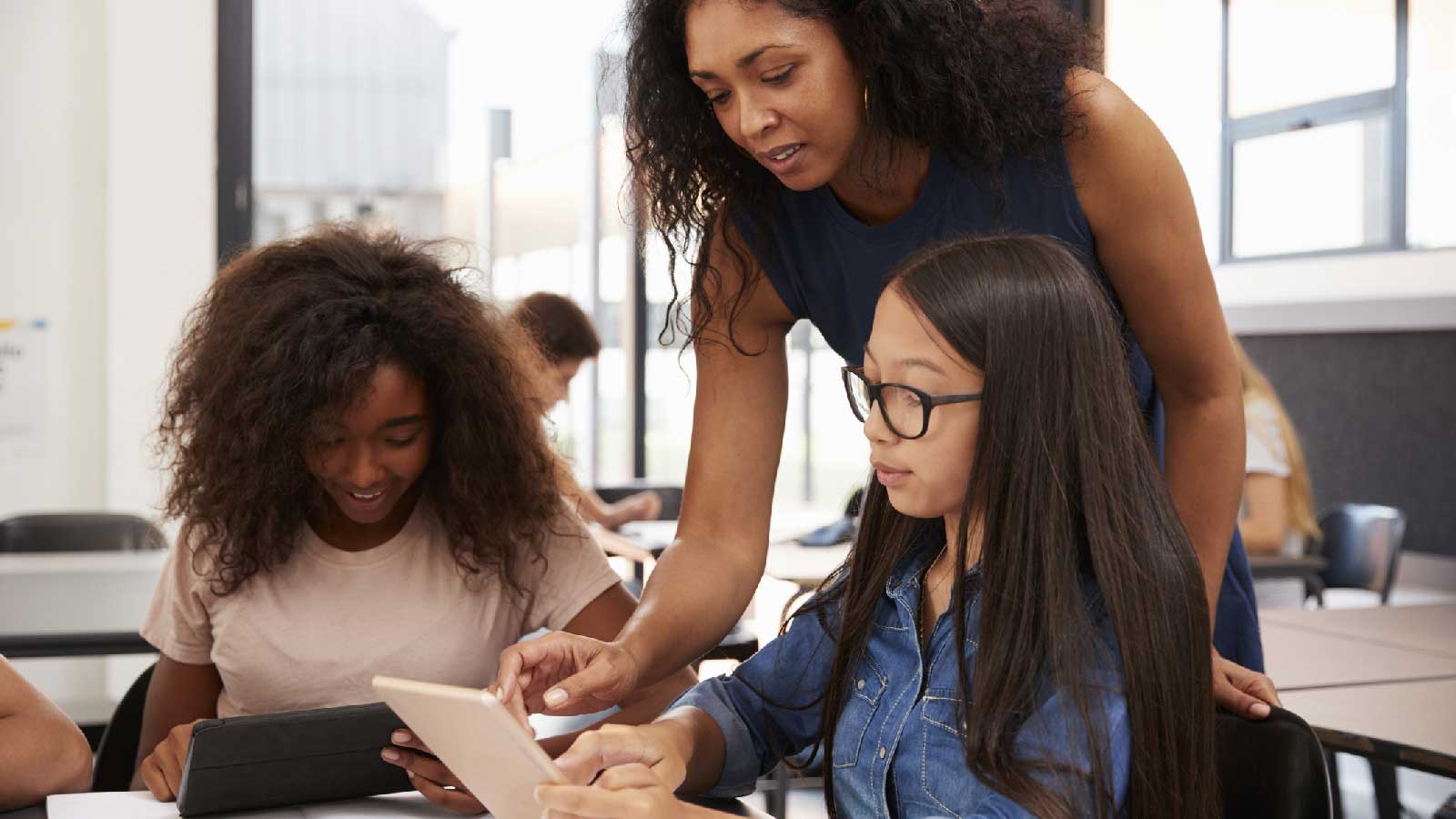Last fall, when Tyler Colson taught her middle school students about climate change, she had them document environmental injustices in their own community.
After some research, the students learned that their Louisiana neighborhood has suffered more from flooding than many wealthier areas.
“They were angry, rightfully so,” Colson says.
Colson is a social studies teacher at Eva Legard Center for Coastal and Environmental Studies, a public school in East Baton Rouge.
She says most of her students are Black and live in low-income areas that face multiple environmental injustices. But many of their families also work in the fossil fuel industry, so talking about climate change is complicated.
“Like, your dad works offshore, right? You have money, you can afford to eat, but what is it doing to the environment?” she says.
So Colson encourages her students to debate — for example, about a new warehouse being built in Baton Rouge. They talked about how it will increase truck traffic and local pollution. But it will also bring jobs to an area where they’re sorely needed.
Colson hopes that having these conversations inspires students to find solutions and speak up.
“I want them to be advocates,” she says. “I want them to be advocates for themselves and for their community, because if we don’t advocate for ourselves, who will?”
Reporting credit: ChavoBart Digital Media
Source link


